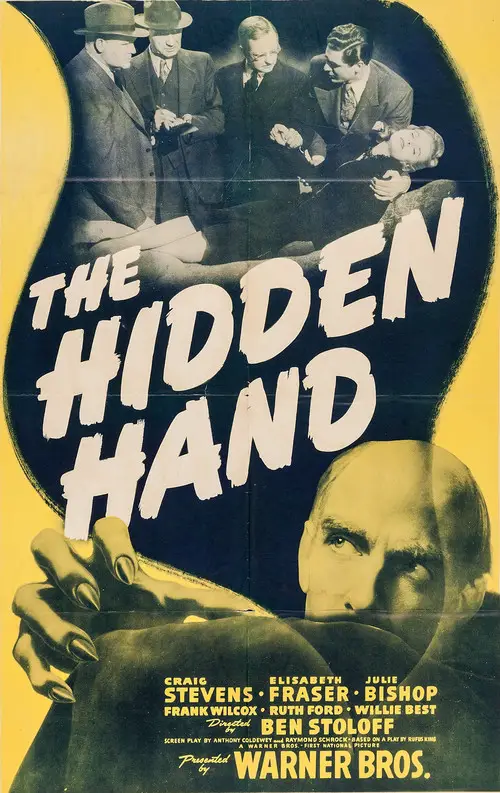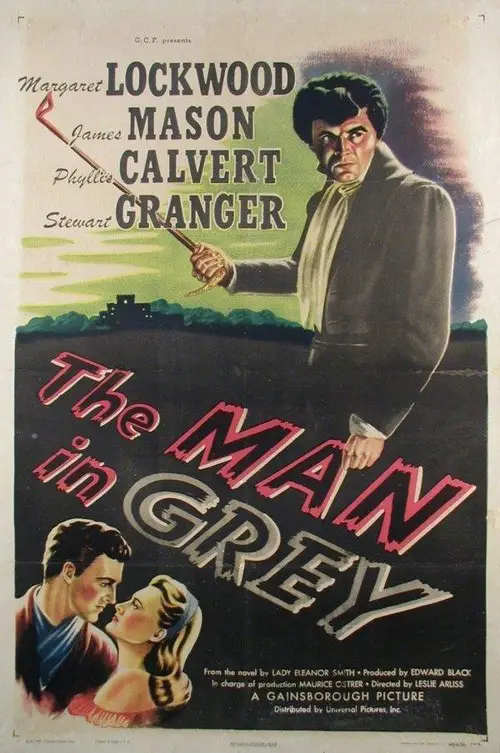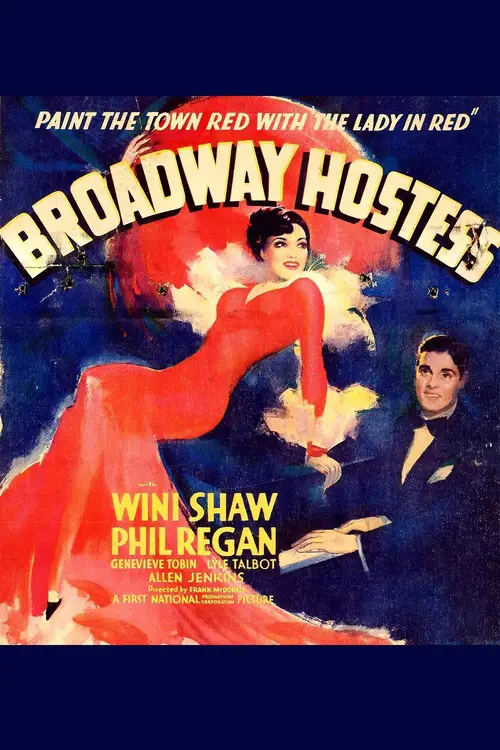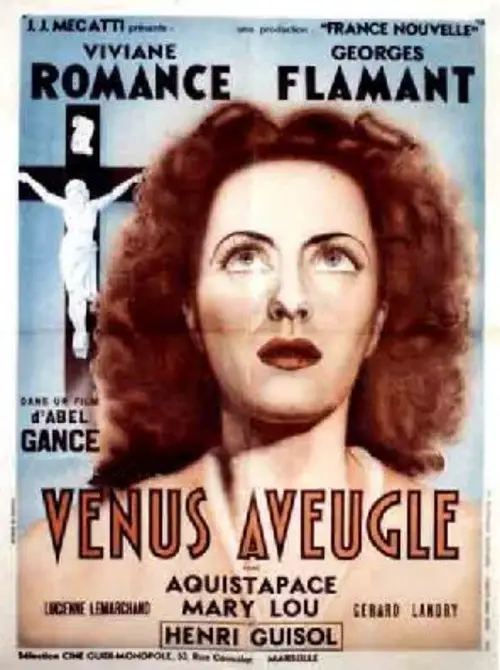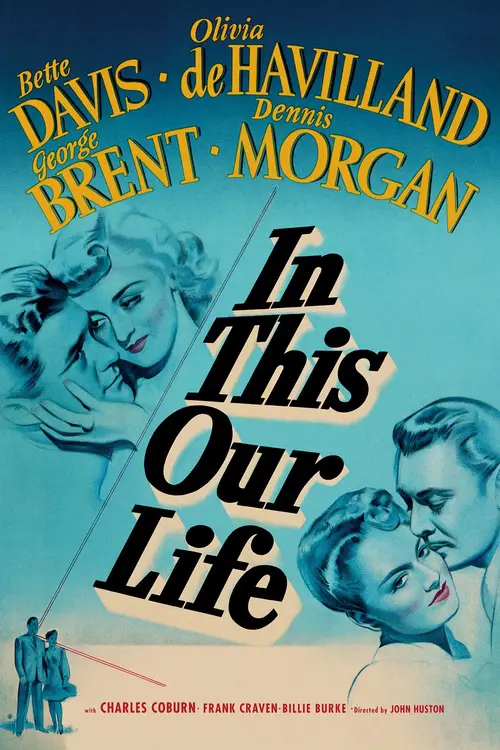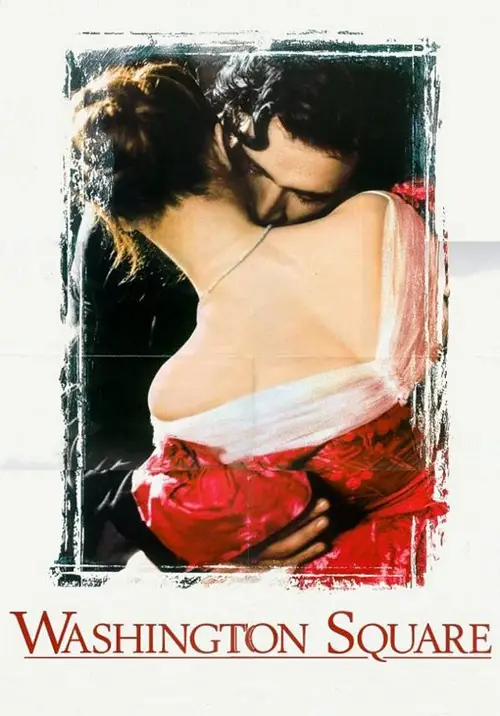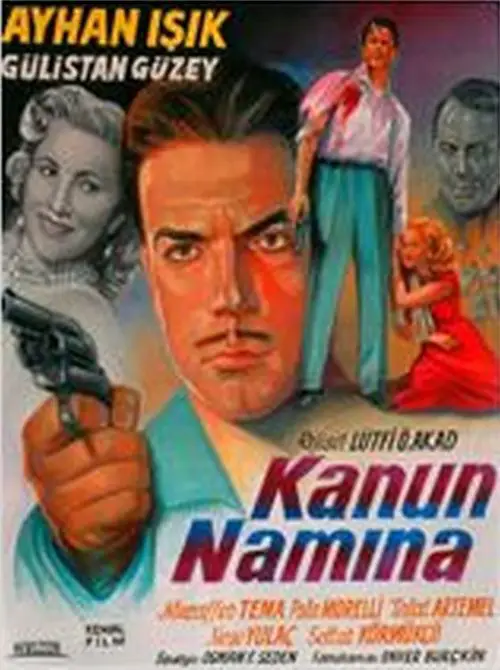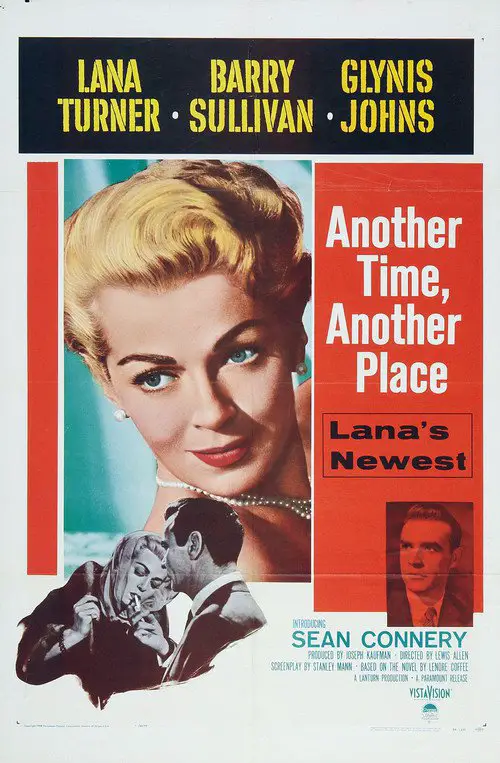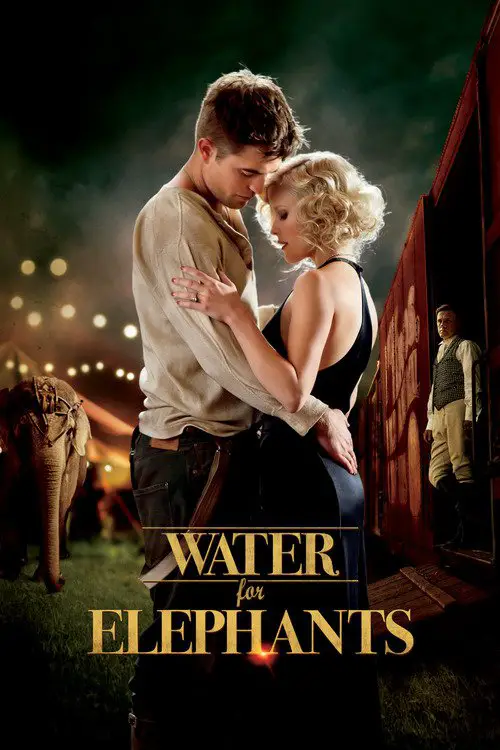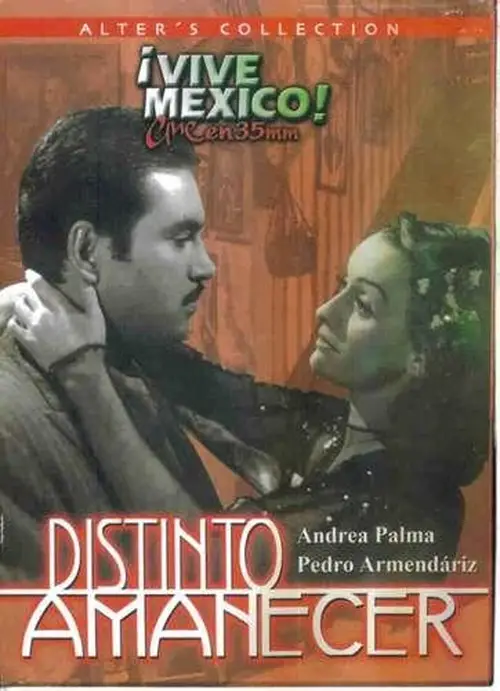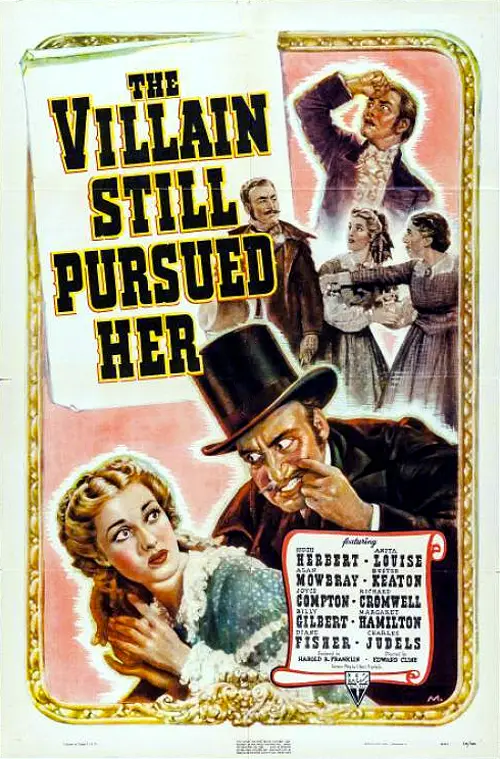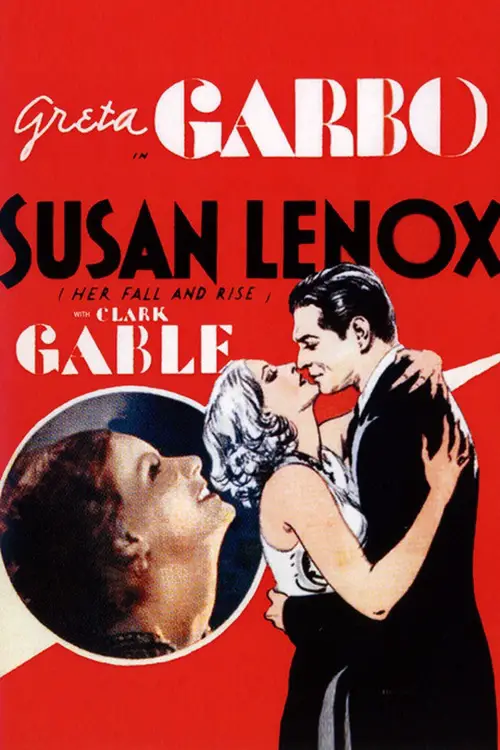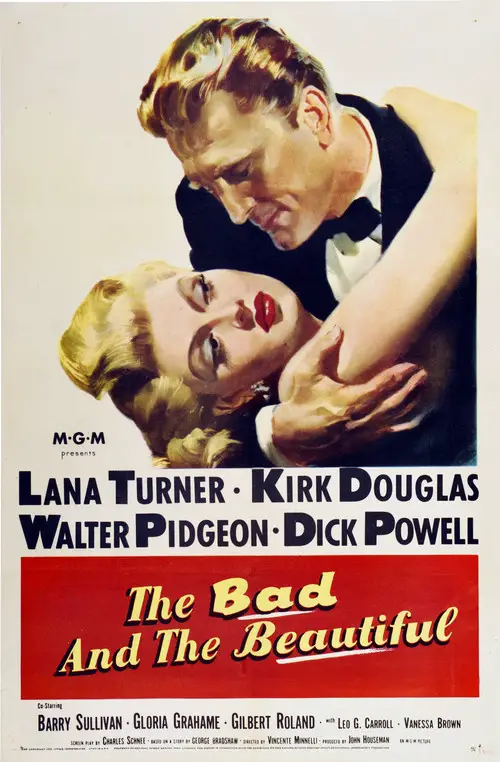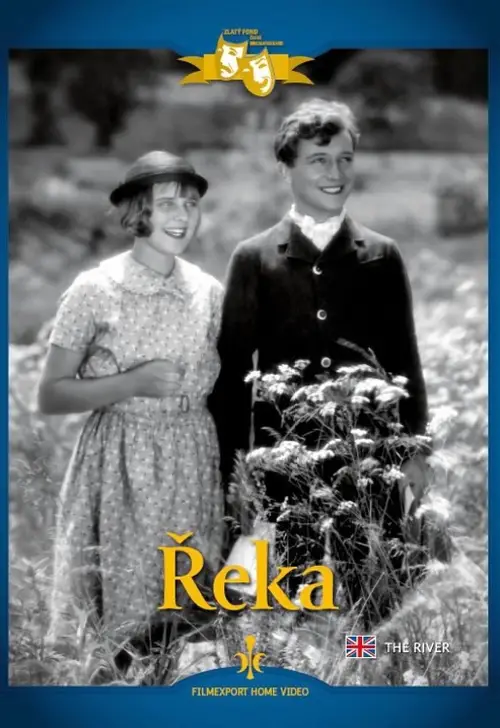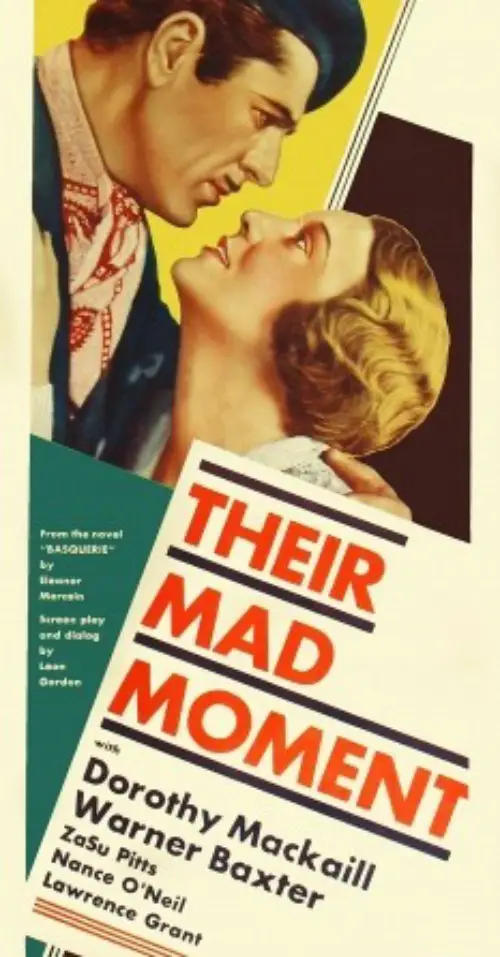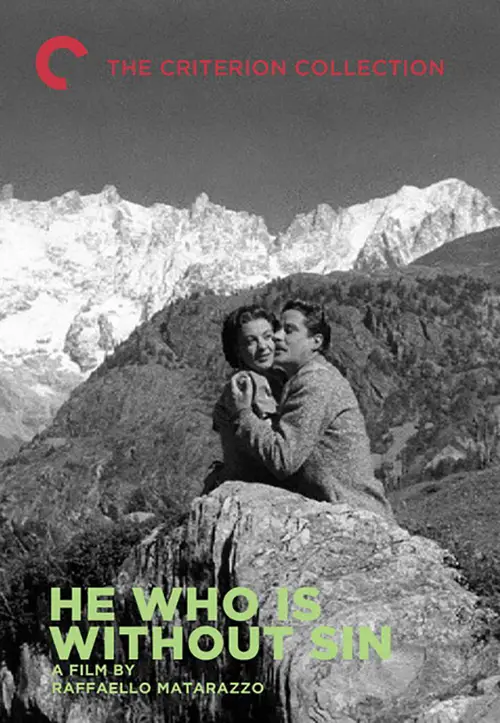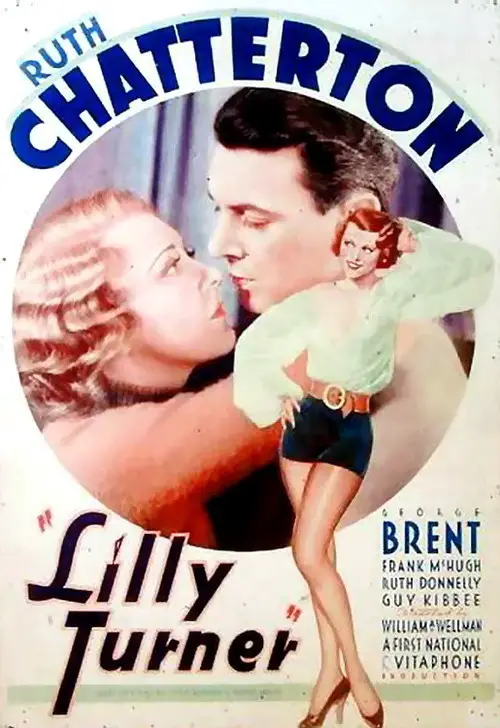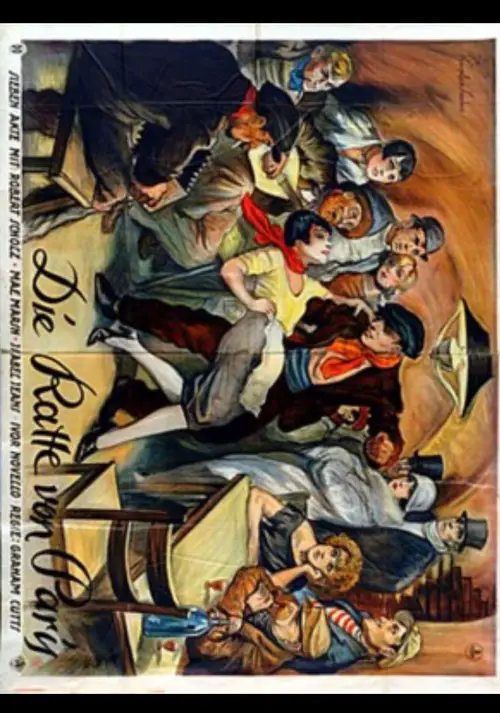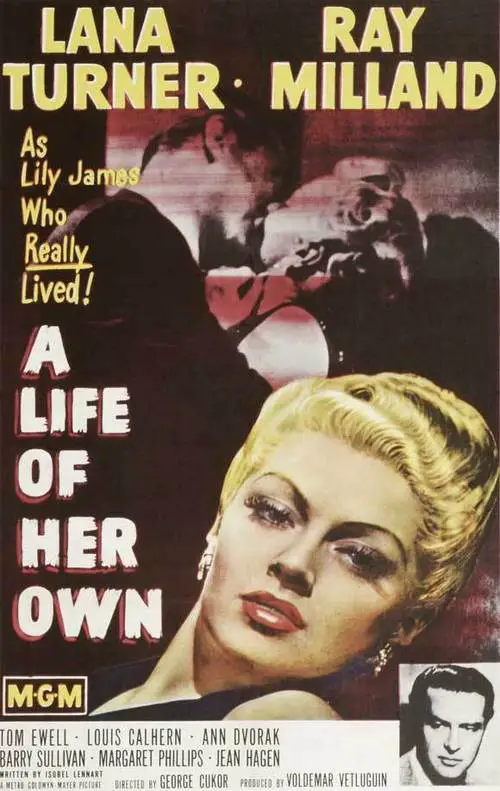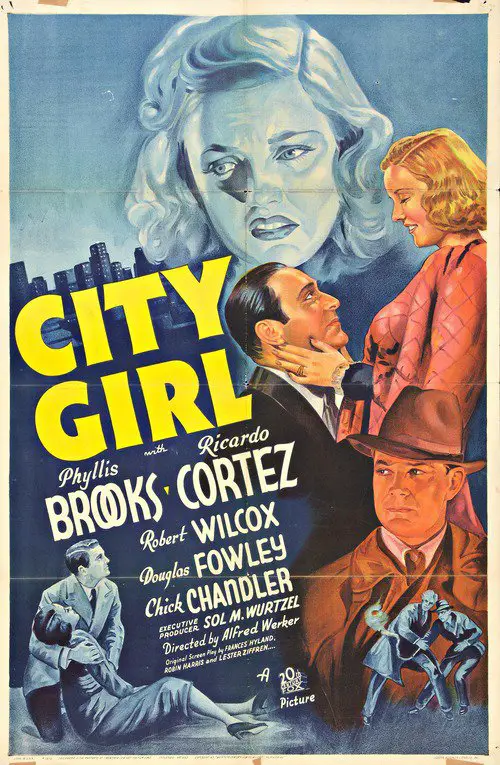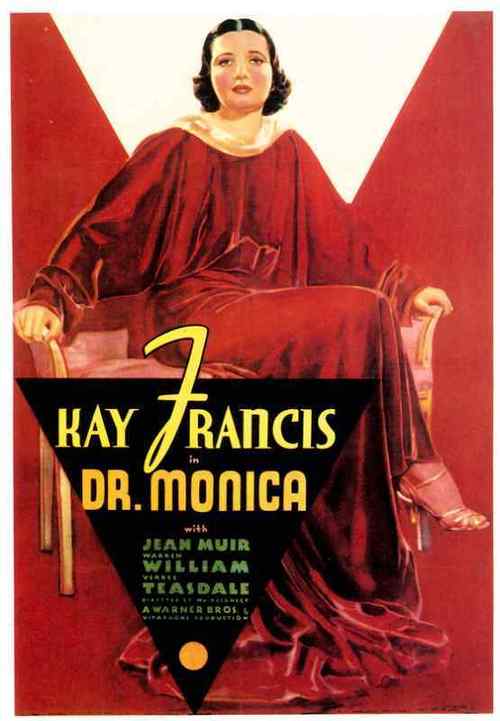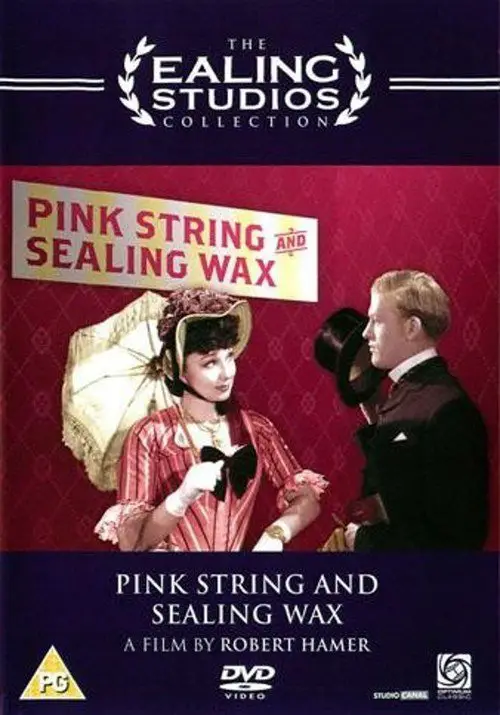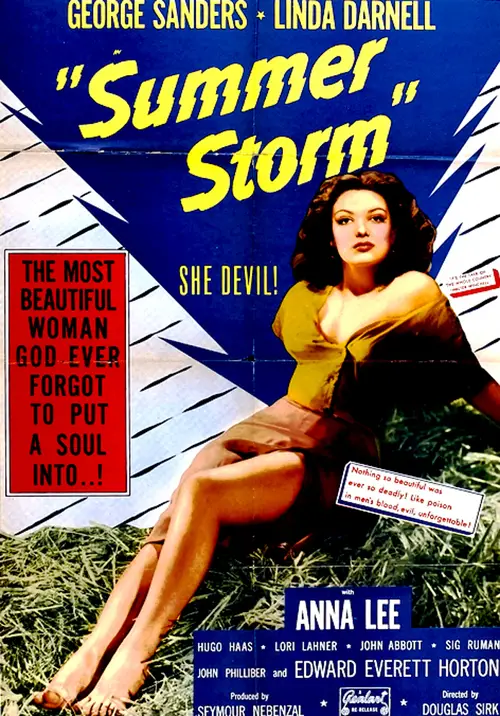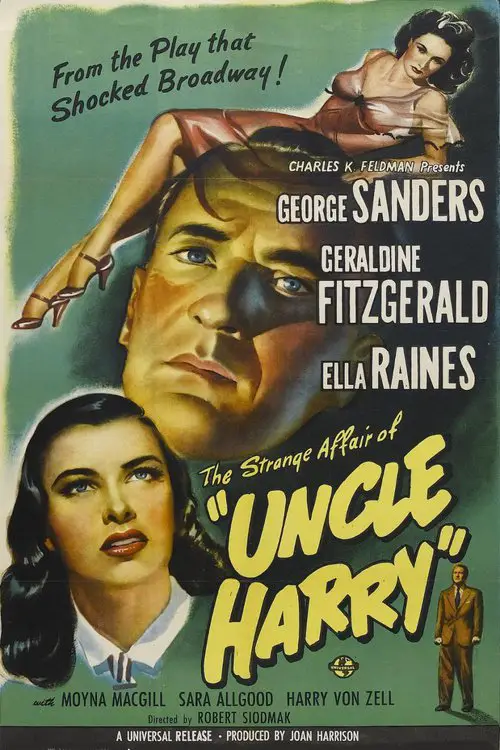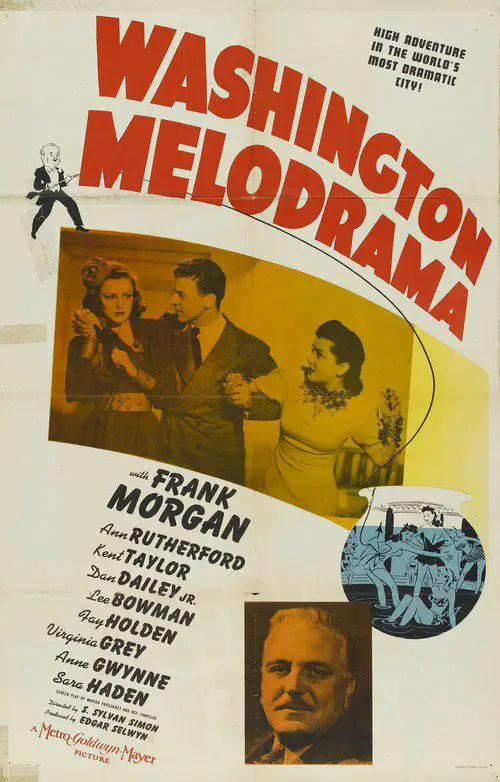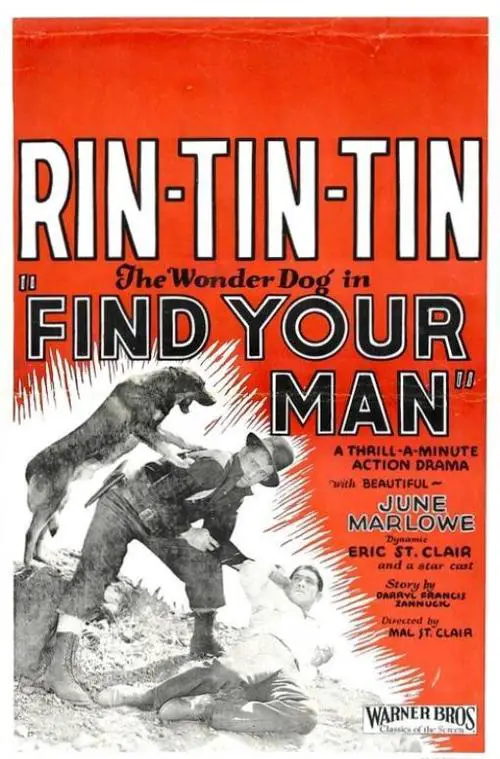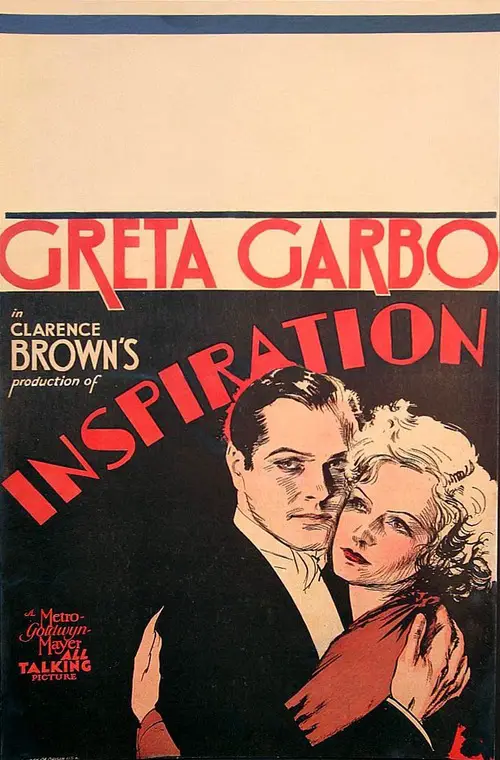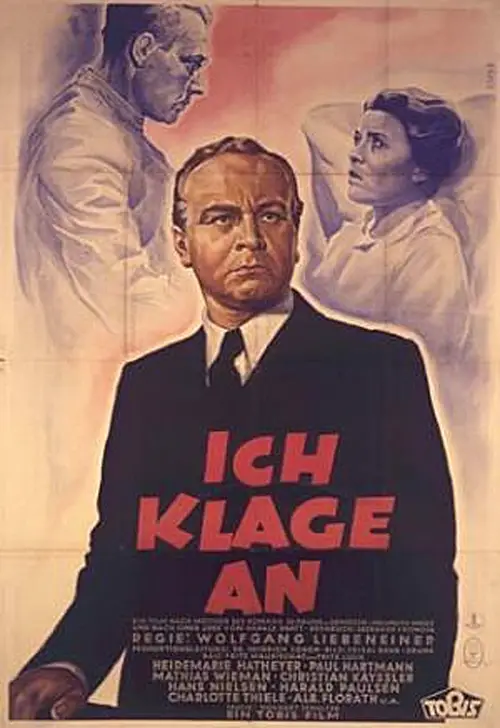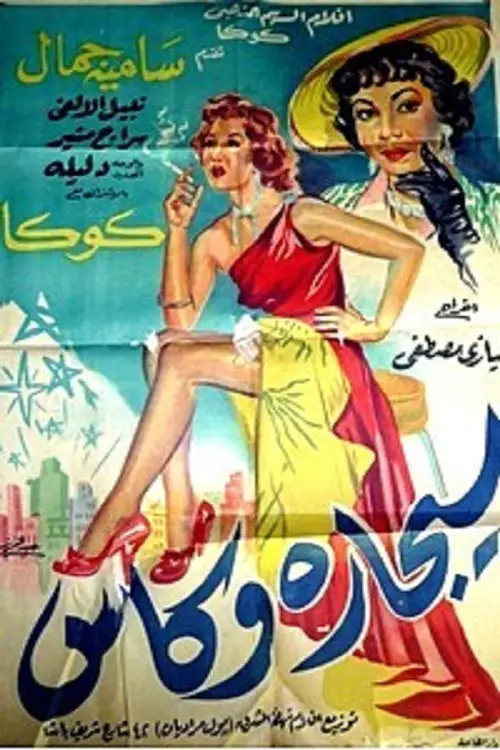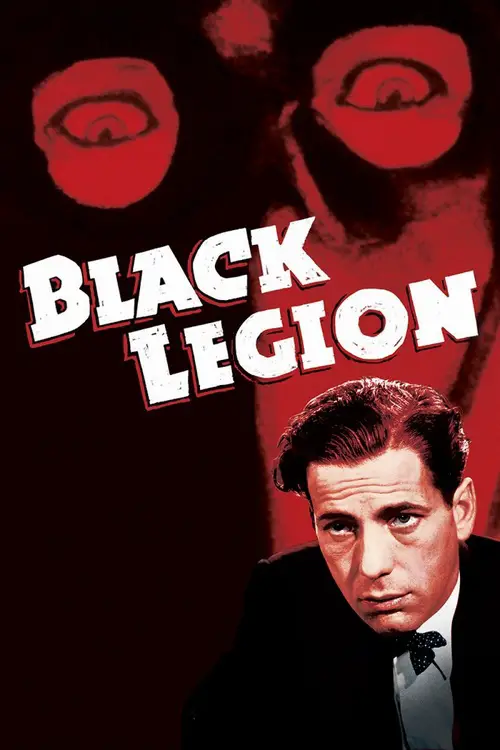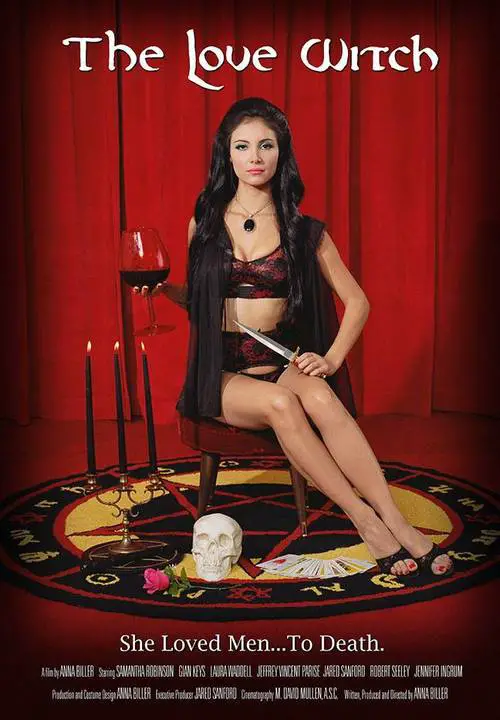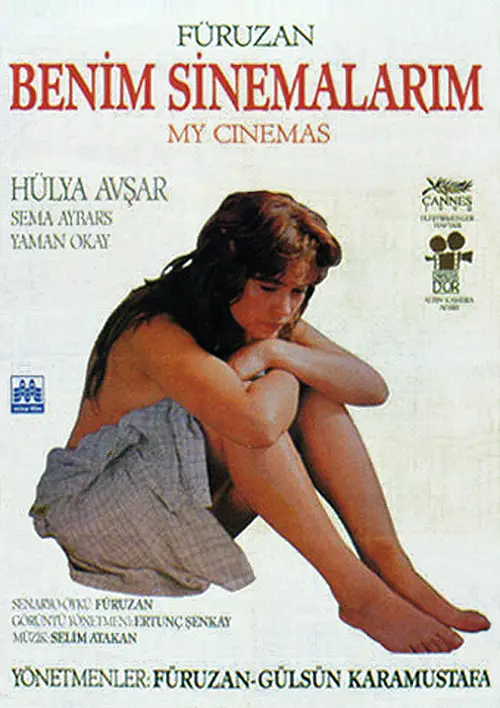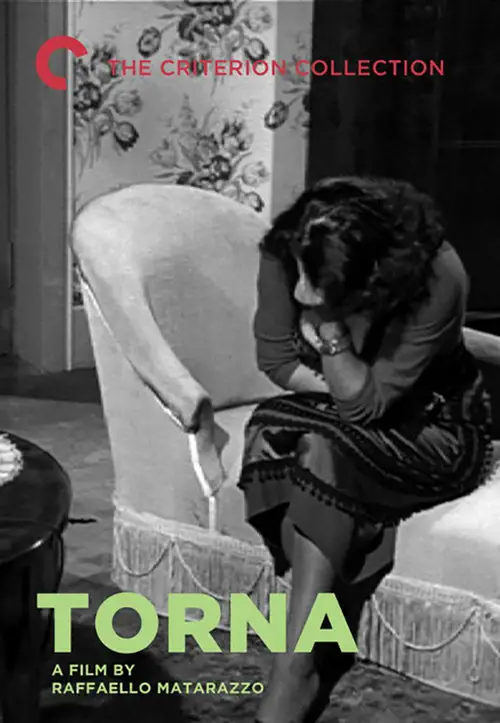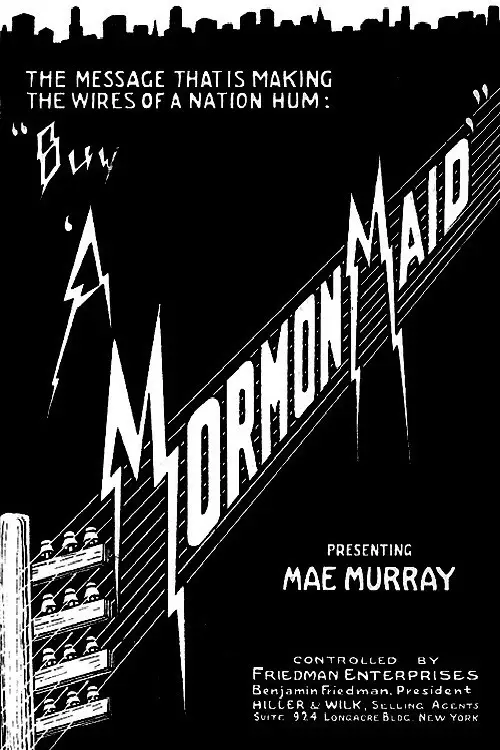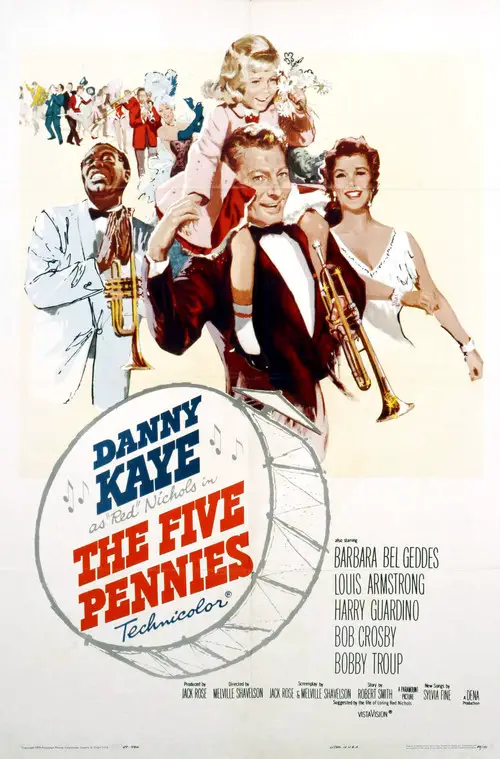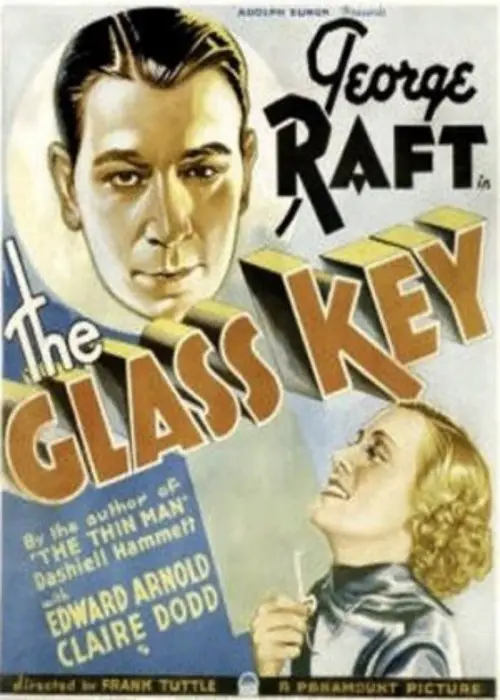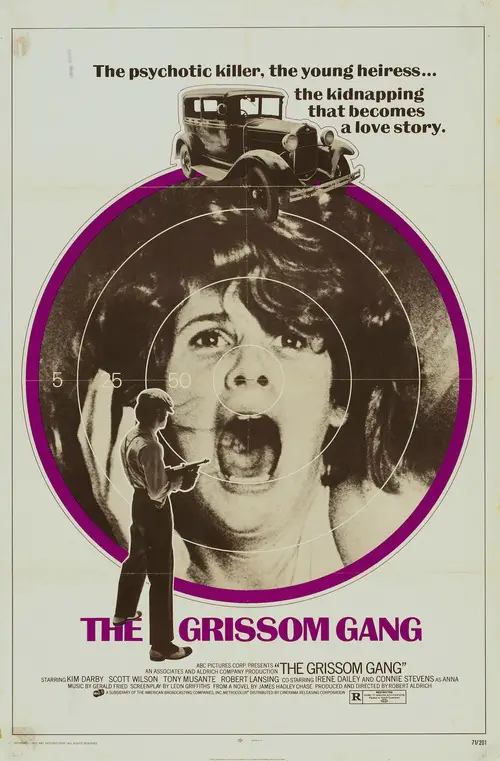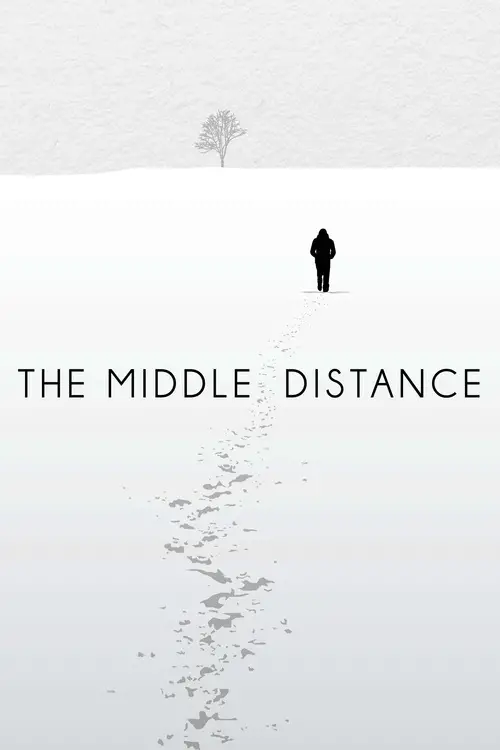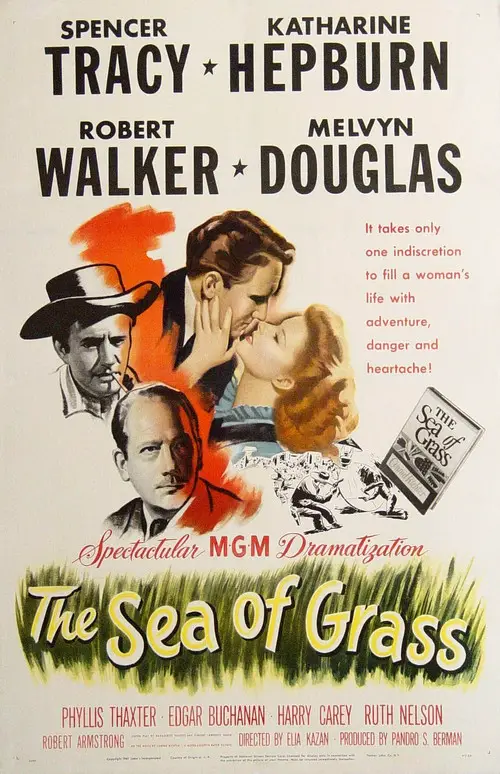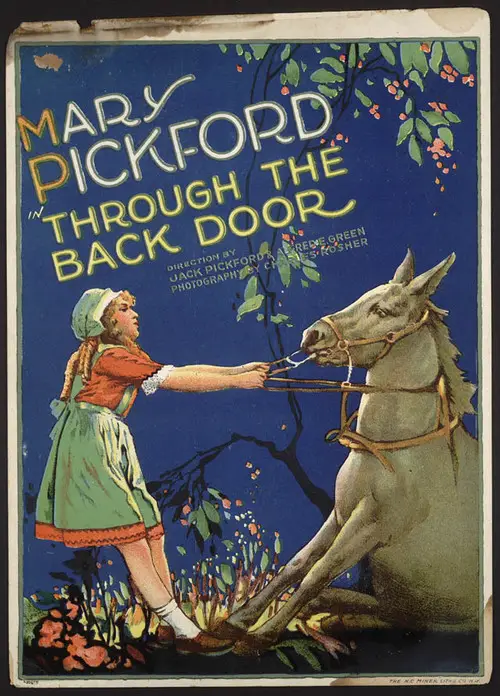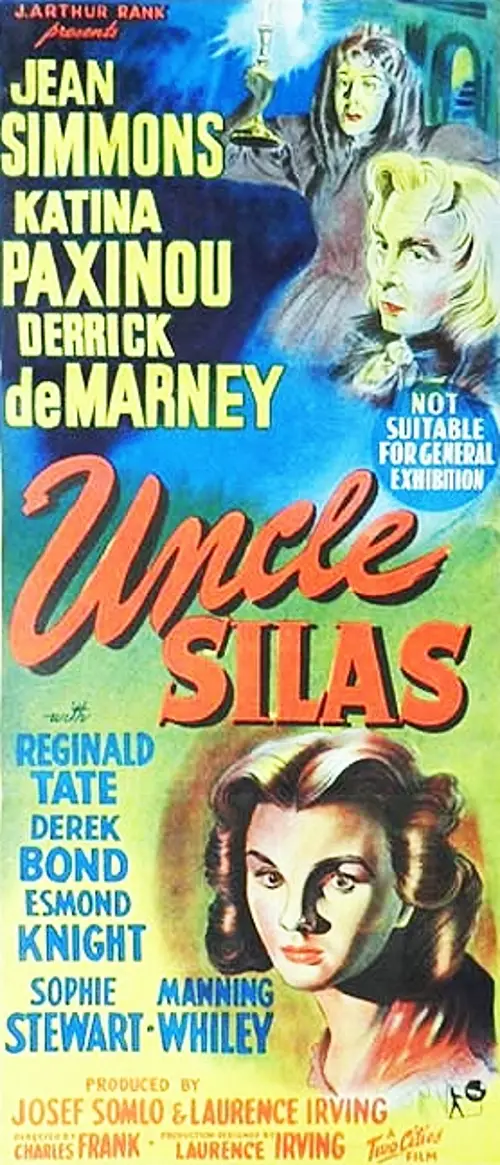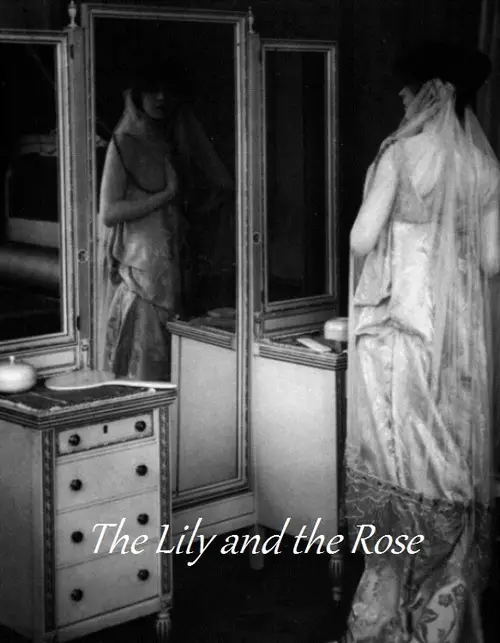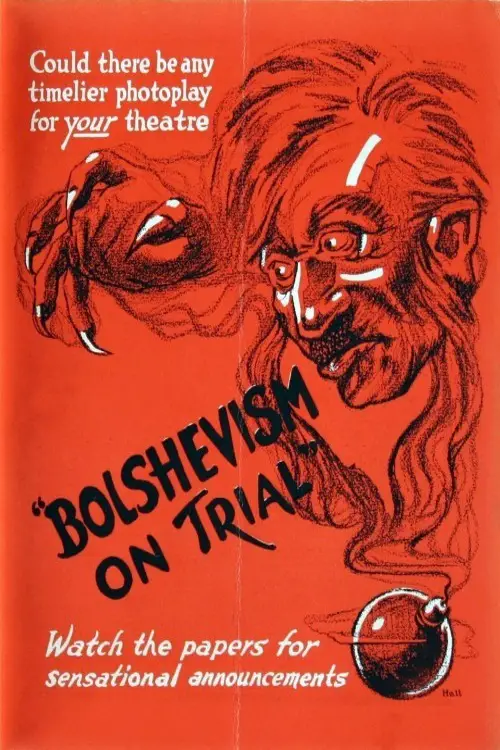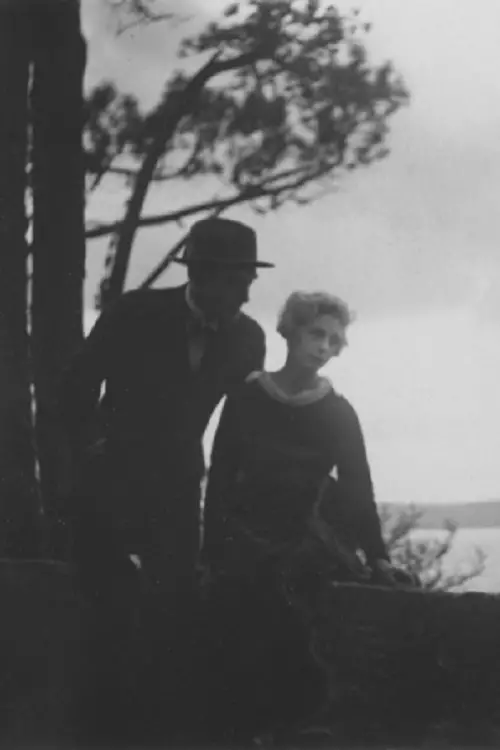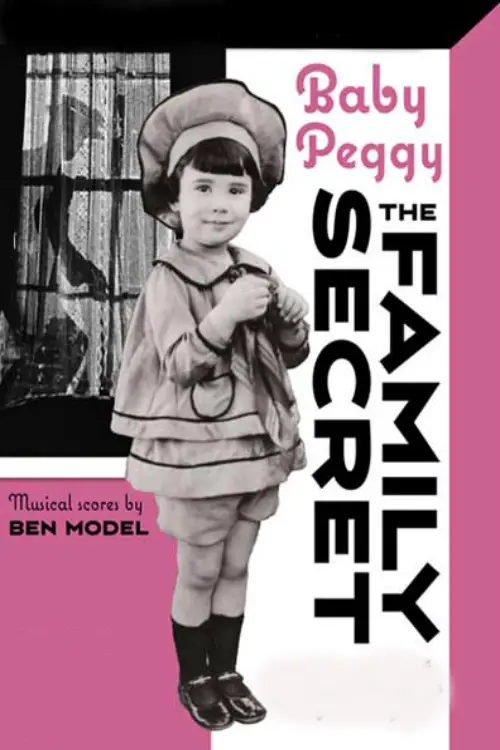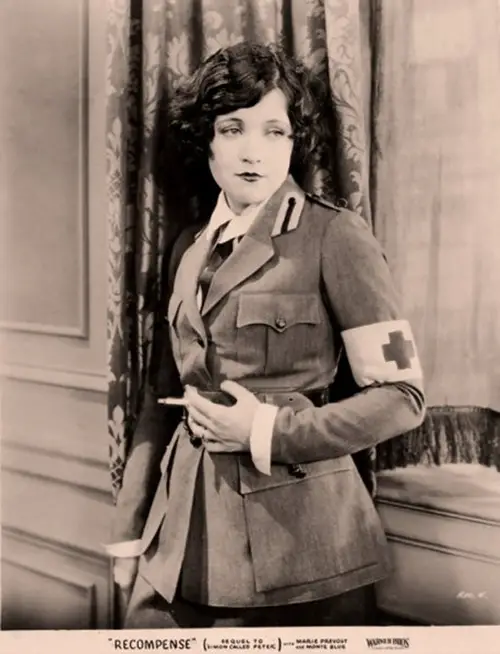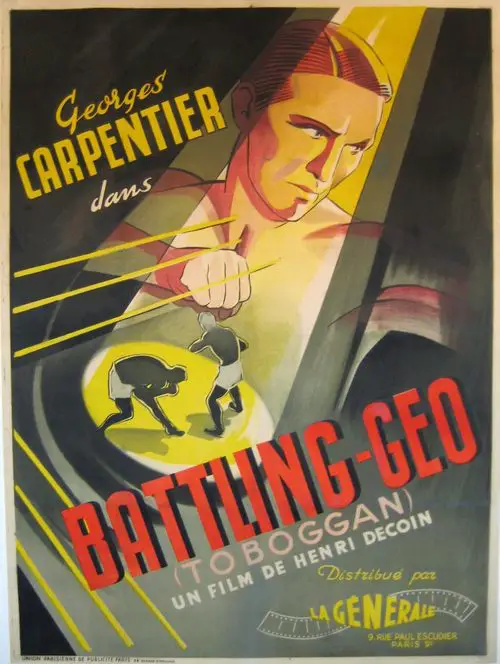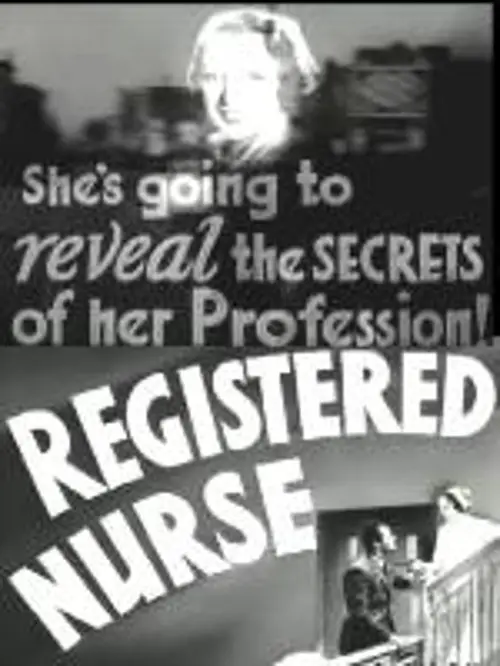The Rich Are Always with Us (1932)
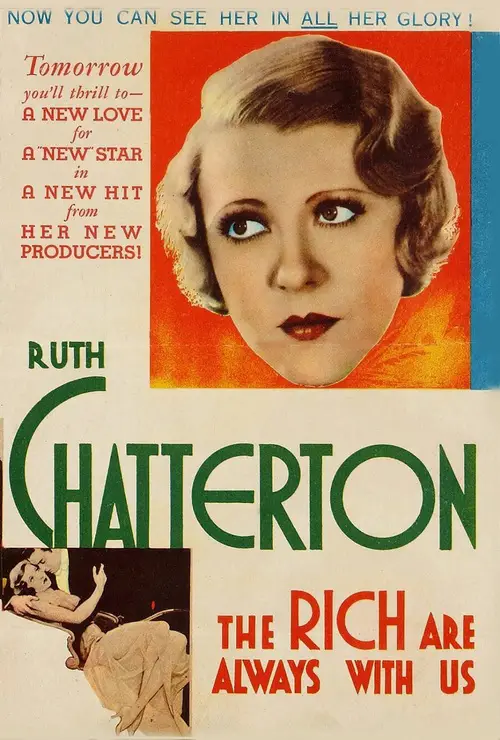
Similar movies
Everybody seems to have had a good time making the overripe melodrama The Hidden Hand, especially cadaverous Milton Parsons as insane-asylum escapee John Channing. In her efforts to protect her brother from the authorities, John's sister Lorinda (Cecil Cunningham) opens the door for a series of grisly murders. Hero Peter Thorne (Craig Stevens) and heroine Mary Winfield (Elizabeth Fraser) try to stop John before he overracts-er, kills-again. Absolutely impossible to take seriously, The Hidden Hand is nonetheless worth a glance, if for no other reason than to see perennial bit player Parsons in a juicy leading role. The film was based on Invitation to a Murder, a play by Rufus King.
Vénus aveugle (Blind Venus) is a 1941 French film melodrama, directed by Abel Gance, and one of the first films to be undertaken in France during the German occupation. Although the film is not set in any specified period, Gance wanted it to be seen as relevant to the contemporary situation in France. He wrote, "...La Vénus aveugle is at the crossroads of reality and legend... The heroine ... gradually sinks deeper and deeper into despair. Only when she has reached the bottom of the abyss does she encounter the smile of Providence that life reserves for those who have faith in it, and she can then go serenely back up the slope towards happiness. If I have been able to show in this film that elevated feelings are the only force that can triumph over Fate, then my efforts will not have been in vain."
This is a bizarre film, almost completely melodramatic. The screenplay by Howard Koch is based on the 1941 Pulitzer Prize-winning novel of the same title by Ellen Glasgow.Completed in 1942 after the US had joined the war, the film was disapproved in 1943 for foreign release by the wartime Office of Censorship, because it dealt truthfully with racial discrimination as part of its plot. It was Huston's second movie and as he put it: âIt was the first time [in an American film], I believe, that a black character was presented as anything other than a good and faithful servant or comic relief.â.
Deemed "the D.W. Griffith of Turkish Cinema," Omer Lutfi Akad directs this 1952 film based upon real events that took place in Ä°stanbul, in the following years of World war II. It is about a love triangle that led to homicide. It was a stylistic departure of what otherwise had been typical of Turkish melodramas of the time.
Lana Turner stars as an American news correspondent working in England during WWII. Her affair with a married British correspondent (Sean Connery) ends tragically when he is killed in action. Fearing a nervous breakdown as a result of his death, she travels to Cornwall to mourn with his family without any intention of revealing her relationship with him.
This Mexican crime melodrama was released in English-speaking communities as Another Dawn. Latin film favorite Pedro Armendariz stars as smooth-talking Octavio, chief henchman to a slain labor leader. On behalf of his fallen boss, Octavio protects a cache of valuable documents from the assassins. Along the way, he renews his relationship with ex-flame Julieta (Andrea Palma), now engaged to another man.
Victorian melodrama gets a big send-up in this spoof production of the old play "The Drunkard; or, The Fallen Saved." The play within the movie is the old one where evil villain Cribbs schemes to get his lusty clutches on the heroine by driving her naive husband to alcoholic ruin. Luckily, a temperance lecturer is on hand to set things straight, as is the great Buster Keaton as the drunkard's brother.
The film features a change of pace for comic actor Petchtai, who offers a sombre, dramatic portrayal of a taxicab driver who develops a relationship with a young woman (Woranut, in her debut feature film role) who is working in a massage parlor. The film has dream sequences that place the characters in scenes that might have come from a classic Thai melodrama film of the 1960s or 70s, with a dubbed soundtrack, which was a common method of filmmaking in the era.
Greta Garbo runs away from an unbearable life at home--and a pre-arranged marriage to a man she despises--and seeks happiness with handsome engineer Clark Gable. Director Robert Z. Leonard's 1931 melodrama also features Jean Hersholt, Alan Hale, John Miljan, Cecil Cunningham, Hale Hamilton and Russell Simpson.
Told in flashback form, the film traces the rise and fall of a tough, ambitious Hollywood producer Jonathan Shields, as seen through the eyes of various acquaintances, including a writer James Lee Bartlow, a star Georgia Lorrison and a director Fred Amiel. He is a hard-driving, ambitious man who ruthlessly uses everyone - including the writer, star and director - on the way to becoming one of Hollywood's top movie makers.
Dorothy Mackaill stars in this old-fashioned melodrama set in the Basque country of Spain. She is Emily Stanley, betrothed to foppish Englishman Sir Harry Congers (Lawrence Grant), but in love with Basque peasant Esteban Cristera (Warner Baxter). Deciding on a final fling before wedlock, Emily goes to Esteban's village in the mountains, but is wounded in a car accident. Recuperating, she learns about the hardships endured by Basque women from Esteban's grandmother (Nance O'Neil) and former girlfriend,Stancia (Mary Doran), and decides to return to Sir Harry in Biarritz.
A truly mad concoction, blending 1950s juvenile delinquents, sci-fi melodrama, song-and-dance, and a touch of horror, everything in just the right combination to create an engaging big screen spectacle! This curious and curiously entertaining story involves one Jonathan Xavier and his devoted misfit gang who, incidentally, have been exiled to Earth from the far reaches of outer space. Johnny's former girlfriend Bliss has left him and stolen his Resurrection Suit, a cosmic, mind-bending uniform that gives the owner power over others. Along the way, there will be several highly stylized musical numbers, lots of genuinely humorous dialogue, and a wacky plot-twist or two, all beautifully captured on the very last of Kodak's black-and-white Plus-X film stock.
Melodrama about a woman who marries a bigamist, then a drunk, and falls in love with another man, all while working at a carnival.
Based on the 1932 play of the same name by Phillip Dunning and George Abbott. Lilly Turner is a very precode character in a very precode film. She starts out with all the best intentions and does nothing wrong, only to find herself in a highly unfortunate situation that society of the time couldn't approve of: an unmarried mother to be. She then gets out of it through the kindness of another, becoming half of an open marriage, very progressive for the times. Lilly Turner would have needed to be completely rewritten to have been made during the code years.
When bored courtesan Zelie de Chaumet begs her lover, the corrupt and powerful Stetz, to take her slumming, the pair encounter Pierre Boucheron, alias 'The Rat' , boy-king of the Paris underworld, and the innocent Odile. Love, life and jewels are risked and lost in this powerful romantic melodrama as the four characters' lives are changed by this chance encounter for ever.
In this tearful crime melodrama, a waitress becomes so taken with her dream of living in posh luxury and comfort that she leaves her honest boyfriend the district attorney to take up with a notorious gangster who lavishes her with stolen furs and fabulous diamonds. She has no idea that the crook is only using her as a pawn in his scheme to learn the DA's secrets. When she finally does learn the truth, she gives up her life for truth, justice and love.
The film features the leading actress Greta Garbo as Yvonne, an artist's model. Other stars include Robert Montgomery, Lewis Stone, Marjorie Rambeau and Judith Vosselli. It is a romantic melodrama, portraying a Parisian belle with a past returning to haunt her. The film is the only one where Montgomery played opposite Garbo.
Hoda is a famous dancer who gives up the spotlight to marry and start a family with Mamdouh, a handsome young doctor who is just beginning his career. When Mamdouh's scheming Italian head nurse Yolanda sets her sights on Mamdouh, Hoda's jealousy drives her to drink, ultimately endangering everything she holds dear. An enchanting example of Egyptian melodrama at its finest.
In this crime melodrama, a Swiss woman finds herself unwittingly involved in a plot to steal from her employer, a London diamond merchant. Her boyfriend is behind the scheme. First he sends two accomplices disguised as German jewelers to see the boss. He is not fooled by their ruse and is killed while the woman is knocked unconscious. She awakens with amnesia and begins aimlessly wandering the London streets. Thinking that his girl has squealed to the police, her boy friend begins scouring the town to find her. Meanwhile, she is taken in by a boxer who returns to the ring to win the money needed to get her out of the country. Trouble ensues when her lover finally finds her after the match and begins beating on the exhausted fighter.
Cahiers du cinéma critic Serge Daney asks whether The Kingdom of Naples is "leftist fiction, kitschy melodrama, photo-roman, a decadent chronicle of a city, opera in a minor key, or simply the first realistic narrative film by Schroeter?" It is all of these and more: an epic chronicle of proletarian family life in Naples from 1943 to 1972 that brilliantly captures the wretched poverty, overwrought passions, and political, religious and economic upheavals of Sicily across two generations. Schroeter assimilates neorealist aesthetics and class sympathies with the tempestuous excesses of popular melodrama, borrowing freely from Rossellini, Pasolini, Visconti, Brecht, and Rossini. (Facets)
Nesibe lives with her parents on the outskirts of Istanbul; the family is poor, and her consistently unemployed father often takes out his frustration on the rest of the family. Nesbibe knows that there has to be something more to life, and she finds itâat the movies. As she recalls her childhood and adolescence, her own memories merge with scenes from the dozens of musicals, melodramas and romances she saw to fill her days and to escape the desperation of her home life. But as she moves into adulthood, the contradiction between Nesbibeâs cinematic dream life and everyday reality starts to affect her in unexpected ways. Based on a novel by co-director Füruzan, My Cinemas avoids sentimentality and movie nostalgia to show how, in its own way, the cinema can become a kind of trap.
This silent melodrama is set against the 1840s westward migration of the Mormons. Dora, a young woman, and her family are saved from an Indian attack by a Mormon community traveling to Utah. They join the wagon train. Dora is pursued by two men, one a recent convert, the other a scheming elder with a stable of wives. The Mormon elder wants her in his harem. When the mother kills herself from revulsion toward polygamy, the daughter must consider her own future and the man she loves. One of Mae Murray's few surviving films, this was intended by Robert Leonard to be a thoughtful drama about the goods and evils of Mormonism, but today it is generally considered pure anti-Mormon propaganda.
On a cruise to Cuba, Lulu Smith falls in love with Bob Grover. Back home, she breaks off the romance when he tells her he is married. Lulu has a baby, but doesn't tell Bob, who turns out to be a rising politician. She passes herself off as the baby's nanny. When Bob learns what is going on, he adopts the little girl, not telling his wife or anyone else where she came from. Lulu gets a job at a newspaper. Things get complicated when the editor gets the dirt on Grover, but also wants to marry Lulu
The musical biopic of jazz great Red Nichols features a healthy dose of melodrama along with the melodies. As the famed Dixieland cornetist, he runs into opposition to his sound, but breaks through to success. He marries a warm, patient woman (Bel Geddes) and even finds time to raise a family. Then tragedy strikes when their daughter contracts polio. The jazzman puts down his horn to stand by her.
Adapted from one of Dashiell Hammett's best novels, The Glass Key is a lively and straightforward melodrama of political corruption and urban intrigue. George Raft plays Ed Beaumont, the right-hand man to genial ward heeler Paul Madvig (Edward Arnold), who wants to clean up his political act. On the eve of a major election, Madvig is implicated in a murder, and it's up to Beaumont to help him out.
The Grissom Gang is a remake of the notorious 1949 British melodrama No Orchids For Miss Blandish. Kim Darby plays a 1920s-era debutante who is kidnapped and held for ransom. Her captors are the Grissoms, a family comprised of sadists and morons, and headed by Ma Barker clone Irene Dailey. One of the Grissoms, played by Scott Wilson, takes a liking to his prisoner, which results in a bloody breakdown of the family unit. Both The Grissom Gang and the original No Orchids For Miss Blandish were inspired by the best-seller by James Hadley Chase, though neither film retains Chase's original ending.
Womanizing workaholic Neil returns to Michigan to reunite with his brother after their father dies. As they try to sell the family home, their interactions are as chilly as the frost-covered February landscape. But Neilâs facade thaws under the glow of his brotherâs charismatic fiancée. Chicago writer-director Patrick Underwood crafts a big-hearted romantic melodrama about rebuilding.
A young Belgian girl (Mary Pickford), raised by her longtime nanny, flees Europe at the advent of World War I and travels to America to find her real mother. This 1921 melodrama, co-directed by Alfred E. Green and Jack Pickford, also stars Gertrude Astor, John Harron, Helen Raymond and Adolphe Menjou.
Victorian gothic melodrama based on the novel by Sheridan Le Fanu from a screenplay adapted by Aldwych farceur Ben Travers. This creepy chiller is saved from the doldrums by Robert Krasker's atmospheric cinematography, and fine performances from the ensemble cast. The BBC later filmed the story for television in 1987. In 1845, 17-year-old Caroline (Jean Simmons) is nursing her dying father. He has enough faith in the reform of his reprobate brother, Silas (Derrick de Marney), suspected but in the clear of murder, to place her under his wing after his death. The hitherto naive heroine soon learns that scheming Uncle Silas is planning to kill her in order to get his hands on the family fortune, aided by the equally corrupt governess Madame de la Rougierre.
The Family Secret is an early film adaptation of a popular 19th century melodrama. The plot concerns the daughter of a wealthy man who has secretly married a man below her station of whom her father violently disapproves. The father, in an excess of parental concern, separates the lovers by sending his daughter away so that she might forget her inamorata, unaware of their married state; during this time, she gives birth to a daughter. After some months, the young mother returns to her family manor and presents her father with his new granddaughter, which causes a most unfortunate scene. Unbeknownst to the young woman, her enraged father falsely accuses his son-in-law of theft and has him incarcerated in order to separate the lovers in an irrational attempt to force his daughter to forget this "unworthy" young man.
Toboggan, the 1934 Henri Decoin French boxing sports romantic love triangle melodrama (about a washed up boxer who makes a comeback for a sexy dancer, but she is two-timing him, and she brings her boyfriend into the arena during the climactic boxing match) starring Georges Carpentier (real life heavyweight boxing champion), Arlette Marchal, Paul Amiot, John Anderson, and Raymond Cordy. Note that because Carpentier was a real life boxer, he naturally was able to do his own boxing scenes, and the producer of the movie interwove footage of Carpentier from his actual matches into the film.
© Valossa 2015–2026
| Privacy Policy
